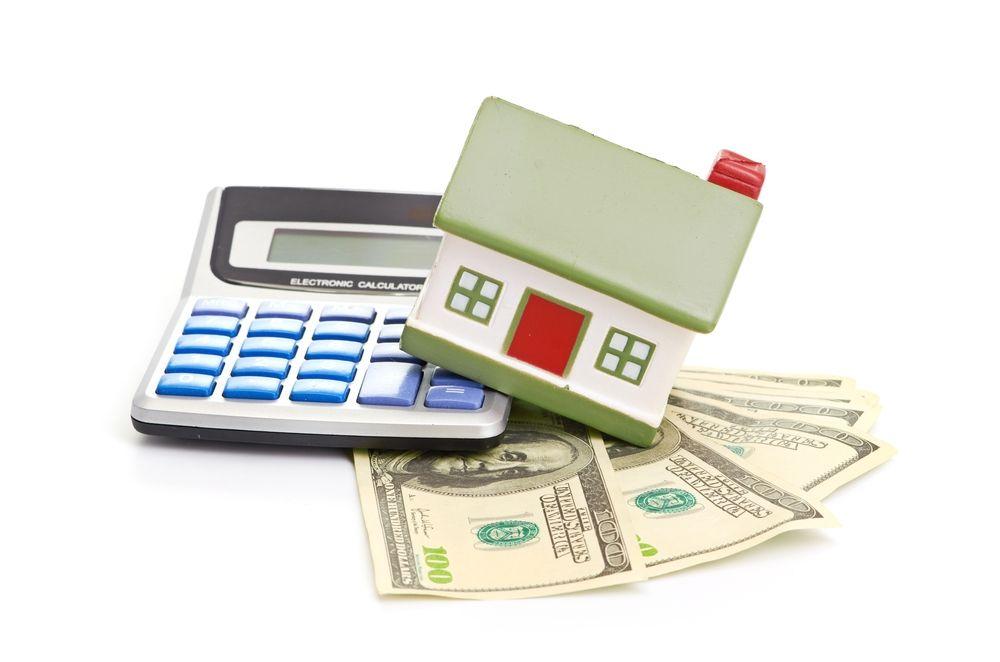After showing your property, having a home inspection and finally receiving an offer, the last thing you want is to have your buyers change their mind.
Not only can you feel betrayed, but you'll also have to start the selling process again, which can be disheartening if you were already in a low-demand market when you found the first buyer. You won't be able to make up for lost time, but you aren't helpless in this situation, either. There are ways to get some restitution if your buyer decides to forego purchasing your house after a contract has been signed.
Check your contract
If you want guidance for responding to a buyer who defaults on the contract, the best place to look is the legal document itself. There should be detailed information regarding what action you can take and what damages you are due. Review the contract with an attorney. There may be contingencies that protect a buyer by defining specific terms that constitute a default.
In the excitement of the home buying process, you and the potential buyer can easily gloss over the legal jargon. However, it is important that you understand the rights and protections that the contract grants.
Consider your options
Depending on how the buyer left the sale, your matter of recourse could be more or less profitable. If he or she has disappeared and cannot be reached by you or your real estate agent, options that involve litigation could be harder to accomplish. Here are your choices:
- Sue the buyer for damages. In some cases, another buyer is willing to purchase the property not long after the first defaults. However, this could mean accepting a lower sale price. You can file a suit for the difference between the first contracted offer and the final price as well as mortgage payments made after the date the house was supposed to settle.
- File a suit to force the transaction's completion. You can also take legal action to make the buyer complete the sale. The only caveat is this option doesn't work if he or she doesn't have the funds or financing available to close the deal.
- Hold the earnest money deposit. If the buyer cannot be found and litigation seems too time consuming or costly, you can opt to keep the deposit instead.
Keep in mind that while litigation can provide the best outcome, there's no telling how a judge will rule.
Preventing buyer defaults
Whether you're currently going through a setback in your home sale or want to save yourself possible headaches, you have to know how to protect yourself in case a buyer tries to back out on your agreement. One solution is to get as large of an earnest money deposit as possible. Buyers who put more unrecoverable money on the table when the contract is signed are less likely to default.
Furthermore, check the contingencies and make sure they don't favor the buyer. If he or she has too many escape routes, the chances of you losing any legal battles are higher. Pay attention to the specific instances where a default is allowed. If, for example, the buyer agrees to purchase your home under the condition that financing can be obtained, there is no default as long as a mortgage application is submitted and denied by a lender. Once the buyer provides written proof of this fact, you have to return the earnest money deposit and the contract is voided.
Get the Latest Insights!
Sign up to stay up to date with latest tips, trends and updates from WIN.












